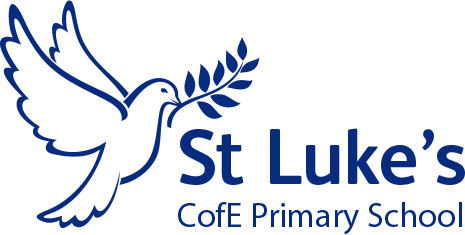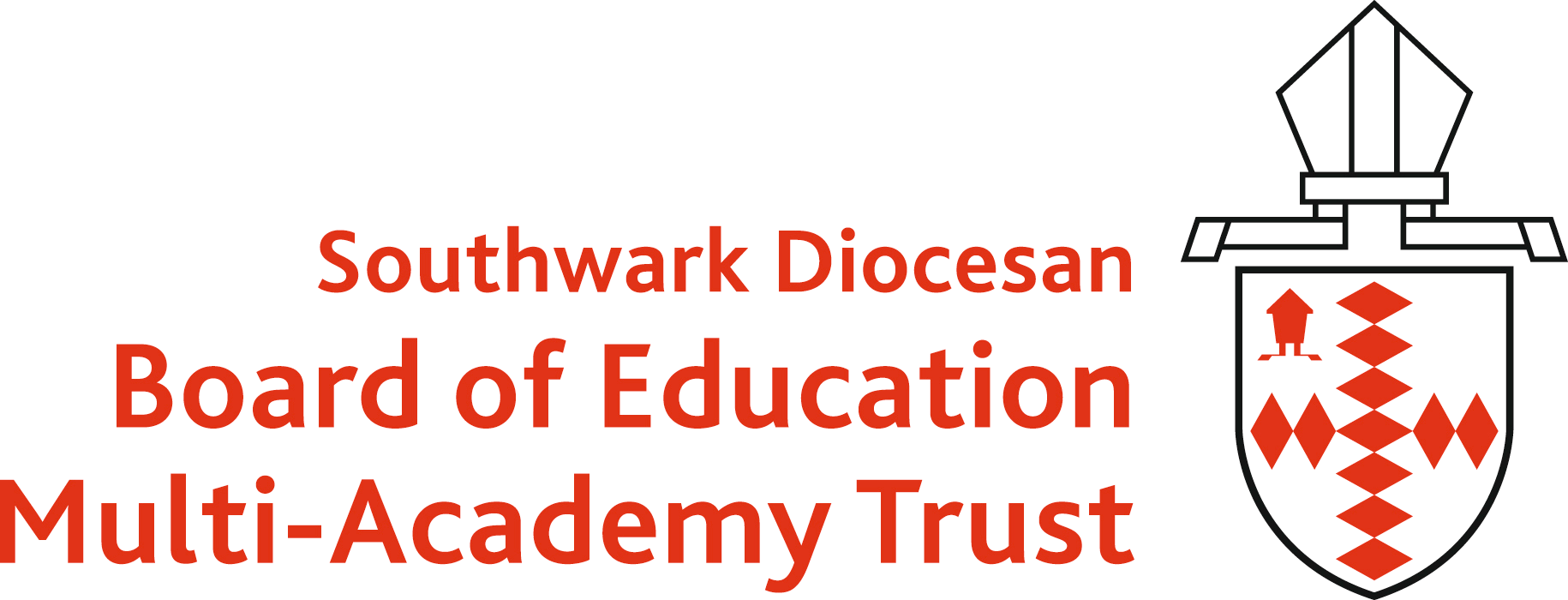Modern Foreign language at St Luke's

All pupils at St Luke's have the right to a rich and deep learning experience that includes the learning of the basics of an additional language. The study of Languages prepares pupils to participate in a rapidly changing world in which work and other activities are increasingly carried out in languages other than English. Language learning provides liberation from insularity and provides an opening to other cultures.
Our Intent for Modern Foreign Language
St Luke's French scheme of work from Kapow, aims to instil a love of language learning and an awareness of other cultures. We want pupils to develop the confidence to communicate in French for practical purposes, using both written and spoken French. Through our scheme of work, we aim to give pupils a foundation for language learning that encourages and enables them to apply their skills to learning further languages, developing a strong understanding of the English language, facilitating future study and opening opportunities to study and work in other countries in the future.
How we Implement Modern Foreign Language
How will we implement the teaching of Modern Foreign Languages?
The national curriculum for languages aim to ensure that all pupils:
- Understand and respond to spoken and written language from a variety of authentic sources.
- Speak with increasing confidence, fluency and spontaneity, finding ways of communicating what they want to say, including through discussion and asking questions, and continually improving the accuracy of their pronunciation and intonation.
- Can write at varying length, for different purposes and audiences, suing the variety of grammatical structures that they have learnt.
- Discover and develop an appreciation of a range of writing in French
In order for the pupils to make substantial progress, we have committed to one hour of French lessons every week. It is vital that the children have the opportunity to listen attentively to the spoken language and then show their understanding by joining in and responding. This will enable the children to speak in sentences using familiar phrases and basic language structures.
The Kapow French scheme of work is designed with six strands that run throughout.
These are:
• Speaking and pronunciation
• Listening
• Reading and writing
• Grammar
• Intercultural understanding
• Language detective skills
Where possible, the teacher gives simple instructions in the target language. As year groups progress, consolidation is part of the curriculum. Each Year group will celebrate French Festivals and Customs appropriate to the time of year. By the end of Year 6 children will have awareness that French is not only spoken in France. Songs, stories and games will be used to reinforce learning across the Year groups.
Children will be able to access a curriculum that will enable them to make effective decisions and links across other areas of learning. Children will have a respectful view of others and develop their own understanding of another language in addition to their own. Key vocabulary and specific aspects of learning will be supported by a knowledge organiser. Teacher will use a range of assessment tools to provide adequate information to show the progress for each child and their development points.
Our Intended Impact
The expected impact of following the Kapow Primary French scheme of work is that children will:
- Be able to engage in purposeful dialogue in practical situations (e.g., ordering in a cafe, following directions) and express an opinion.
- Make increasingly accurate attempts to read unfamiliar words, phrases, and short texts. Speak and read aloud with confidence and accuracy in pronunciation.
- Demonstrate understanding of spoken language by listening and responding appropriately. Use a bilingual dictionary to support their language learning.
- Be able to identify word classes in a sentence and apply grammatical rules they have learnt. Have developed an awareness of cognates and near-cognates and be able to use them to tackle unfamiliar words in French, English, and other languages.
- Be able to construct short texts on familiar topics.
- Meet the end of Key Stage 2 stage expectations outlined in the national curriculum for Languages.
MFL Evidence of Teaching and Learning
Our MFL documents
Intent Implementation Impact Click here
Age Related Expectations Click here





